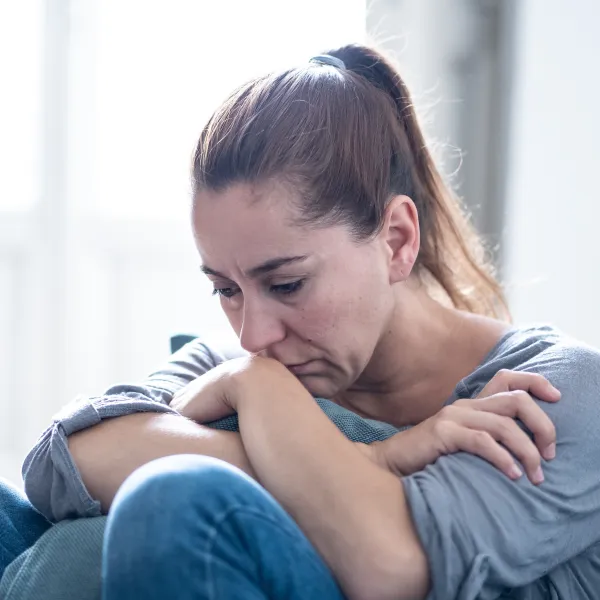Helping Someone Through Grief
Ways to Be Supportive After the Funeral
While it's definitely thoughtful to offer assistance before the funeral, after the funeral is when many individuals and families need help the most. If you're not sure how to support a grieving family, you're not alone. Death and dying are topics that many of us avoid because we're uncomfortable or simply don't know the appropriate ways to help someone come to terms with their loss.
According to experts David Kessler and Elisabeth Kübler-Ross, who have written two books together — On Death and Dying and On Grief and Grieving — there are five stages of grieving. Keep in mind that we don't go from one stage to another in a chronological order. Someone may go in and out of stages on a random basis. Helping someone through grief is an ongoing process.
The Five Stages of Grief
- Denial. When someone is in this stage, he or she is not ready to face the facts. Denial actually helps the person cope with the situation, as does shock. You cannot rush individuals who are in denial. You simply have to be there for them.
- Anger. Anger is a natural emotion after the loss of a loved one. It can be directed inward or outward. The object of the anger could be the deceased; the survivor may be angry at being left alone. Anger, however, reflects the intensity of love held for the deceased. Do not try to make the person apologize for his/her anger. Let the anger flow and, if you happen to be the brunt of the anger, don't take it personally.
- Bargaining. Bargaining is very commonplace prior to a loved one's death. We may bargain with the universe that "if I do x-y-z, please save my loved one." After a death, the survivor uses bargaining to avoid feeling pain. Bargaining and guilt often go hand-in-hand. Guilt takes the form of "what if" - what if I had done such-and-such, would he/she still be alive? You can reassure the survivor that he/she was not responsible for the death, but you may just have to wait until this phase passes.
- Depression. For depressed individuals (and their friends and family), it feels like this stage will never end. Let's face it, losing a loved one is a depressing event, so being depressed is a natural reaction. In fact, if a survivor wasn't depressed, you'd think something was amiss. Your inclination might be to coax the individual out of his/her funk, but it's best if you let the person ride it out. However, if the person remains depressed for months on end or appears suicidal, it would be wise to intervene and suggest professional help.
- Acceptance. Accepting the death of a loved one doesn't mean the person is okay with it. It means he or she has come to the realization that this is a permanent situation. The individual acknowledges that he/she must deal with it, and move on. Acceptance sometimes comes with guilt, as in, "How can I be having fun when I've lost a loved one?" As a friend, you can tell the survivors that the deceased would have wanted him/her to continue enjoying life, not to mourn indefinitely. One big piece of acceptance is understanding that the grief will never fully go away - the person will just learn how to live with it.

Attending a Funeral? Take This Time to Think About Your Own As Well.
Attending a funeral is a good opportunity to consider what you'd want for your own memorialization. You can even plan it now, decades in advance, so your loved ones don't have to worry about it later. Learn more about advance funeral planning.
